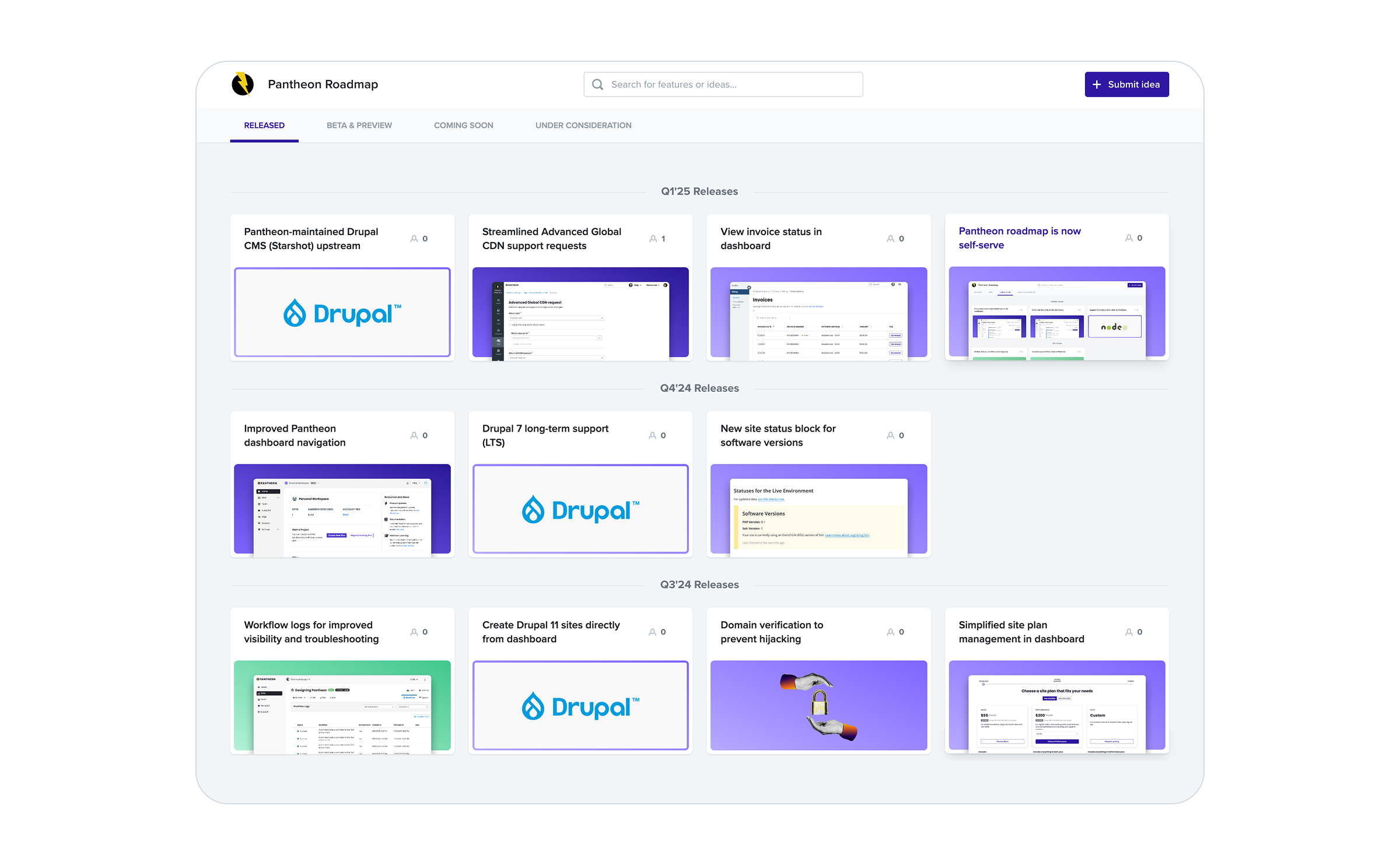How To Supercharge Your Website’s Value (and Your Career)
Image

As the new year approaches, many of us start to think about what’s gone well in 2019… and what we’d like to improve on in the coming year. How satisfied are you with your career? Do you wish you could have more of an impact, play a more strategic role or just have more insight into how the business actually works? Would you like to earn more money… and see your organization’s profits improve, too?
Whether you’re a marketer, designer or engineer, embracing WebOps is a way to increase your value, whether you work inside an organization’s web team or as part of a web development agency. Here’s how to make the transition in 2020.
Jack of All Trades, Master of One
Think about cross-functional teams as a group of T-shaped experts: Each person has deep subject expertise in one area but a solid working knowledge of the other disciplines needed to make the project a success.
If you’re a marketer, this means learning about the design and development processes needed to make a website work effectively.
If you’re a designer, this means understanding how developers translate your designs to functioning websites and why marketers ask for design changes in the first place.
If you’re a developer, this means being able to contribute to conversations about funnels and call to action placement.
As long as you start with a sense of curiosity and an open mind that appreciates how all of these disciplines come together to make websites powerful marketing tools, you’ll be starting on the right foot. There are hundreds of online resources that teach everything from design fundamentals to basic coding to marketing strategy — some places, like Lynda.com (now LinkedIn Learning) are a one-stop-shop for everything you’d need to know to move from a silo dweller to a strategic connector.
Don’t worry about becoming an expert in everything, or knowing it all from the start. The idea behind WebOps, like DevOps, is to learn as you go and focus on incremental changes. Each team member does not need to be an expert in every area, and focusing too much on amassing expertise will only slow you down.
Think Strategically
One of the main differences between a WebOps team member and an average designer or engineer is the focus on strategy and collaboration. In a waterfall-style website development process, most designers and engineers aren’t given the opportunity to contribute to conversations about the website’s strategy. When organizations move away from the ‘major relaunch’ to iterative improvements handled by a dedicated, outcome-oriented team, everyone on the team has the opportunity—and responsibility—to consider the business objectives.
For the designers and developers who might not be used to thinking about strategy, this is a major shift in mindset.
There’s also an increased focus on collaboration. Instead of creating a long spec document and then ‘passing it off,’ everyone works together throughout the strategy and implementation phases.
The shift to a collaborative, iterative website development process is a huge shift for many organizations. Here’s how you can make small changes in your own work processes to push your organization toward a more modern approach to web development—and increase your own value in the meantime.
Innovating Internally
Changing company culture isn’t easy, but it is achievable through small changes in behaviors. If you’d like to not just up your own skills but also change how things work in your company, here are some ways to get started:
If you’re a marketer…
Invite the designer and engineer to participate in your strategy discussions.
Learn the ‘developer language’ so you can communicate effectively with the engineers on your team.
Clarify ownership of the website. Websites are marketing assets and need to be owned by the marketing team.
Talk to the developers and designers to see how often changes can be made.
If you’re a designer…
Ask to sit in on website strategy meetings, and then participate actively.
Make sure to understand why a particular design change is happening from the marketers.
When you work on the website, expect to be involved from the very beginning (knowing why the changes are being made) through the very end (collaborating with the developers to get the design updates done).
Educate your colleagues about design best practices.
If you’re a developer…
Participate in website strategy meetings with marketers and designers.
Learn to speak the ‘marketing language’ so you can communicate with the marketing team and understand the end business goals related to the website.
Instead of just implementing changes, make sure you understand why something is important. Use that knowledge to make suggestions that can help everyone make better website-related decisions.
One of the core mentality shifts in moving to a WebOps model is leaving perfection behind. WebOps is about agility and a willingness to try things out and roll them back if they don’t work.
Marketers, designers and developers should be working toward the same business objectives and constantly adjusting their tactics based on feedback from how users interact with the site. As you take the steps to build out your skill set, change your own way of thinking about the website and collaborate with colleagues, you’ll be able to facilitate the shift in your organization.
The Payoff
Moving to a WebOps model is a very effective way for organizations to transform websites from sources of anxiety and embarrassment to profit centers.
For individuals, facilitating that transformation can supercharge a career. A WebOps designer, developer or marketer—someone able to pull together the strategic and technical skills needed to make a website a success—can expect their value to employers to skyrocket. It’s not uncommon for people with the ability to work successfully on a WebOps team to be paid significantly more than the ‘straight’ developer or designer—even if the ‘non-strategic’ developer is actually a better coder.


